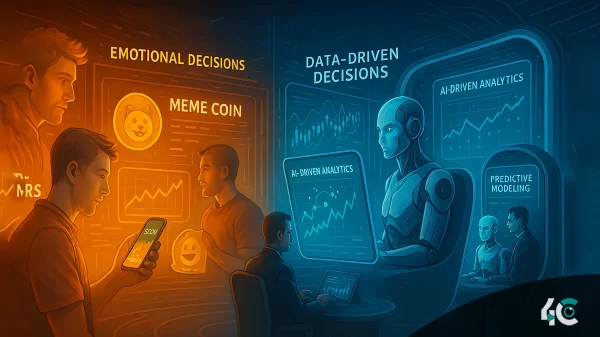James Howells, a British IT professional, is facing legal action from Newport City Council due to a hard disk he disposed of in a landfill over a decade ago. With 8,000 bitcoins on one hard disk, now they are worth around $647 million. The council has consistently denied his requests for authorization to excavate the landfill to recover his lost asset, prompting him to pursue legal action.
According to Howells, he has respectfully and professionally made multiple sincere attempts to contact the council, but they have gone unreported. Frustrated by the lack of participation, he has decided to initiate legal proceedings. Recently, he expressed his disappointment, saying, “The council has refused me permission to search or even consent to an in-person meeting for over 10 years.” Their disregard has left me with no other option than acting legally.
Based mostly on environmental issues, he feels the council’s denial of his excavation request is unwarranted. According to Howells, he has presented proof that Newport City Council has lately broken environmental rules, including documentation of dangerous pollutants seeping into the local surroundings. He has suggested an excavation and remedial approach he thinks will tidy the landfill site without costing the municipality or tax payers any money. He has teamed this initiative with FLI Group, a waste cleanup business.
Howells contends, based on UK law, that Bitcoin and other digital assets are considered personal property, therefore entitling him to recover his external drive. “While the physical hard drive may seem worthless,” he said, “the digital assets it holds are incredibly valuable.” He argues for access to the landfill, as he claims that both the digital assets and the hard drive should stay under his control.
Newport City Council, meantime, is certain about its stance. Citing major hazards to the surrounding region, the council stressed in a recent statement that excavation is not practical under current environmental permissions. The council dismissed Howells’s claims of environmental violations, characterizing them as a “weak claim.” They underlined that answering his numerous calls has led to unneeded expenses for local agencies.
A judge will hear Howells’s case on December 3 and decide whether to pay him for the value of his lost Bitcoins or allow him to enter the dump site. Howells is hopeful despite the difficulties he encounters; he bases his argument mostly on his legal rights.
“My opinions on cryptocurrencies haven’t changed,” he said. “I still believe in Bitcoin as a viable electronic cash system, and I expect it will flourish in the future.”
This odd legal conflict reminds us of the need to properly control digital assets in a financial environment that is getting more complicated by the day.



































